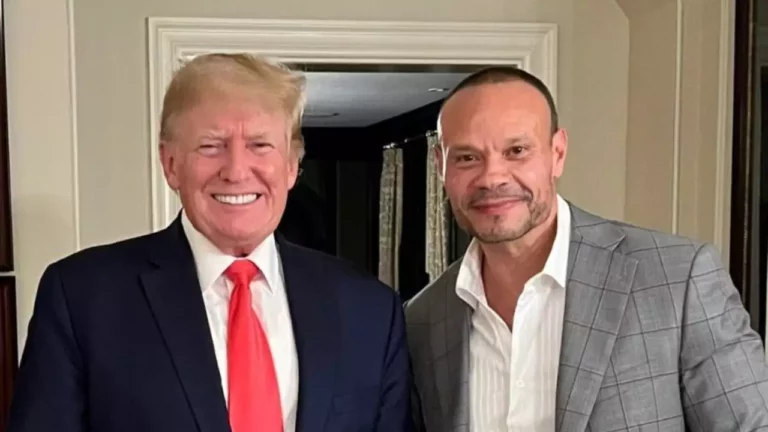 U.S. National Security Adviser Tom Donilon has pushed for stronger military relations with China as part of preparations for a summit next month between President Barack Obama and China’s Xi Jinping.
U.S. National Security Adviser Tom Donilon has pushed for stronger military relations with China as part of preparations for a summit next month between President Barack Obama and China’s Xi Jinping.
However, difficulties establishing trust between the sides were underscored by new revelations Tuesday that China used cyberattacks to access data from nearly 40 Pentagon weapons programs and almost 30 other defense technologies, ranging from missile defense systems to the F-35 joint strike fighter.
The disclosure was included in a Defense Science Board report released earlier this year, but is only now being discussed publicly. It came shortly after Donilon wrapped up discussions with Chinese officials in Beijing and as Defense Secretary Chuck Hagel was heading to Southeast Asia for multinational talks on issues including the escalating cyberthreat.
While officials have been warning for years about China’s cyber espionage efforts aimed at U.S. military and high-tech programs, the breadth of the list underscored how routine the attacks have become.
Donilon did not directly mention hacking in his opening comments at a meeting Tuesday morning with Gen. Fan Changlong, a vice chairman of the commission overseeing China’s armed forces.
Instead, he emphasized that nontraditional military activities such as peacekeeping, disaster relief and anti-piracy operations offer opportunities to boost cooperation and “contribute to greater mutual confidence and understanding.”
A “healthy, stable, and reliable military-to-military relationship” is an essential part of overall China-U.S. ties, Donilon said at the start of the meeting at China’s hulking Defense Ministry building in central Beijing.
Donilon met with a range of Chinese officials over two days to hammer out plans for the June 7-8 summit, the first face-to-face meeting between the presidents since Obama’s re-election and Xi’s promotion to Communist Party chief last November.
Their informal summit at the private Sunnylands estate of the late publishing tycoon Walter Annenberg in southern California will come months before the two leaders had been originally scheduled to meet, underscoring concerns that the U.S-China relationship was drifting.
Xi told Donilon on Monday that relations were at a critical juncture, and that the sides must now “build on past successes and open up new dimensions for the future.”
Building trust between their militaries is one of the main challenges the sides face in seeking to stop a drift in relations, troubled by issues from trade disputes to allegations of Chinese cyberspying.
A White House statement issued after Tuesday’s meeting emphasized the need to cooperate further on North Korea, cyber-security, climate change and stability in Asia. It called the upcoming summit a “unique and important opportunity” to discuss U.S.-China relations and regional and global challenges facing both countries.
Although Washington and Beijing have talked about boosting military cooperation for more than a decade, distrust runs high and disagreements over Taiwan, North Korea and China’s assertive claims to disputed territories in the East and South China seas remain potential flashpoints.
The U.S. has repeatedly questioned the purpose of China’s heavy military buildup over the past two decades, while Beijing is deeply suspicious of Washington’s new focus on military alliances in Asia and plans to redeploy more weaponry and troops to the Asia-Pacific region.
Steps to increase benign interactions between their militaries have been modest so far, including joint anti-piracy drills in the Gulf of Aden and a classroom natural disaster response simulation. The U.S. has also invited China to take part in large U.S.-led multinational naval exercises, though China has not said if it would participate.
Apart from purely military issues, distrust has deepened as the U.S. feels its world leadership challenged and China, its power growing, demands greater deference to its interests and a larger say over global rule-setting. Chinese officials and state media regularly say Washington is thwarting China’s rise by hemming Beijing in through its Asian alliances and discouraging Chinese investment in the U.S. on grounds of national security.
U.S. officials have been far more open about discussing the China cyberattacks over the past year or two, beginning with a November 2011 report by U.S. intelligence agencies that accused China of systematically stealing American high-tech data for its own national economic gain. The Pentagon, meanwhile, in its latest report on China’s military power, asserted publicly for the first time that Beijing’s military was likely behind computer-based attacks targeting federal agencies.
“In 2012, numerous computer systems around the world, including those owned by the U.S. government, continued to be targeted for intrusions, some of which appear to be attributable directly to the Chinese government and military,” said the report, which was released earlier this month.
(AP)










